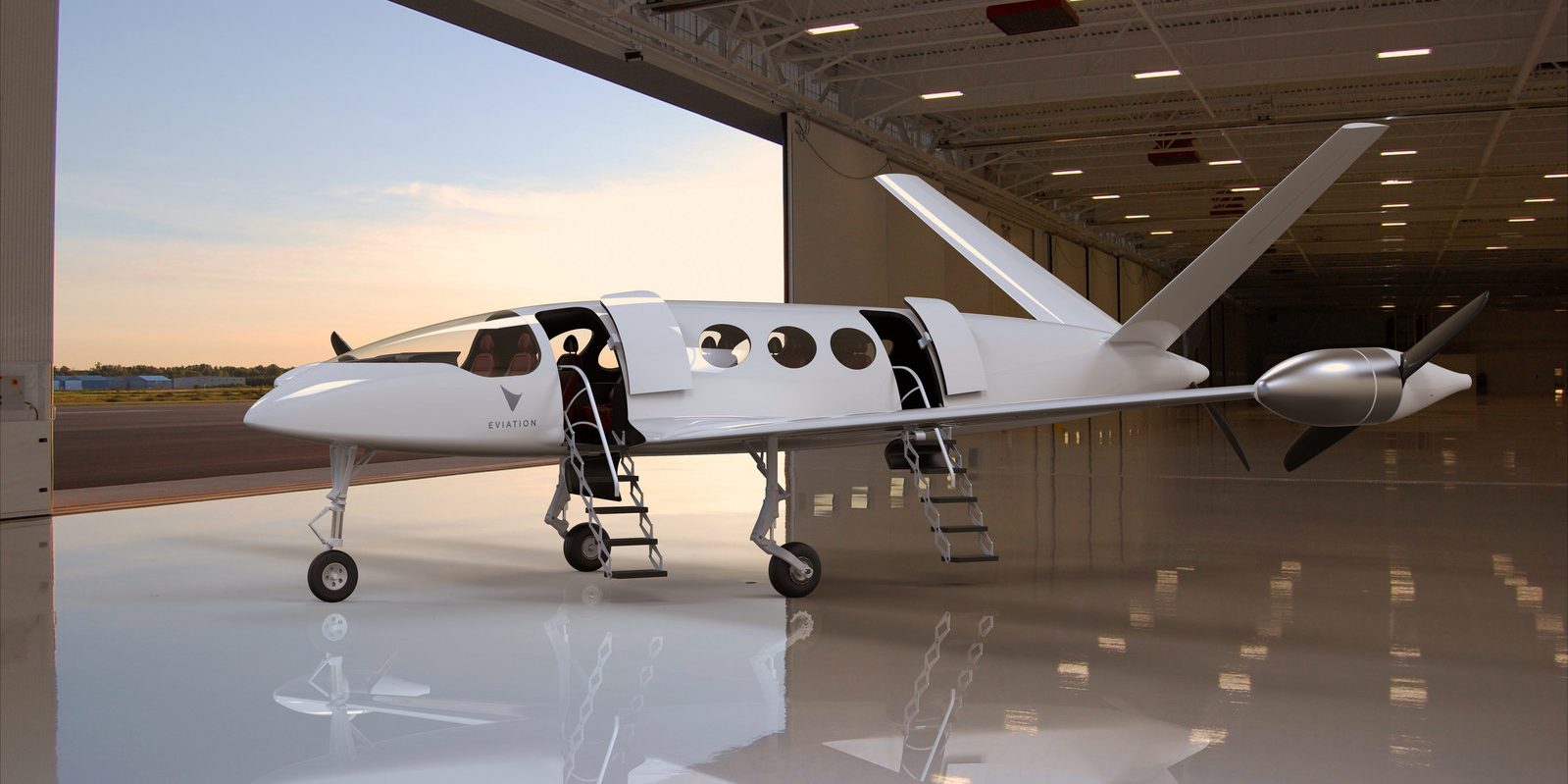
As reported by Electrek: Tesla battery researchers are pointing to enabling electric aircraft with new next-generation battery cells.
The new battery cell offers breakthrough improvement in energy density.
One important comment that we overlooked is that the battery researchers mentioned this new battery could even enable “electrified urban aviation”:
“Such high energy density can increase the range of electric vehicles by approximately 280 km or even enable electrified urban aviation.”They are specifically talking about “urban” aviation, which likely refers to those electric air taxi services that several companies, like Uber, are working on.
The current anode-free lithium-metal battery cells tested by Tesla’s battery research team in Canada under Jeff Dahn’s lab are achieving a ~360 Wh/kg energy density and volumetric energy density of 1000 Wh/L.
It could result in higher capacity eVTOL aircraft, but it is also getting really close to enabling commercial electric planes.
Tesla CEO Elon Musk previously revealed that he had a design for a commercial electric VTOL aircraft and estimated that Li-Ion batteries would need to achieve a 400 Wh/kg energy density in order for batteries to beat kerosene and his electric aircraft to be viable.
Last year, Musk said that he believes this is about five years away.
The anode-free lithium-metal battery cells only need roughly 10% increase in energy density to get there.
However, Dahn’s team is mostly focused on improving the energy density of the cells at the moment since they are currently only achieving 200 cycles — though that’s already a great improvement over what they were achieving last year.
For commercialization, the industry is generally looking at closer to 800 to 1,000 cycles.
Now none of that mean that Tesla would get into the aircraft business, but Elon has been hinting at it for years. There’s a chance he might just be waiting for battery tech to catch up and it might be about to.

No comments:
Post a Comment